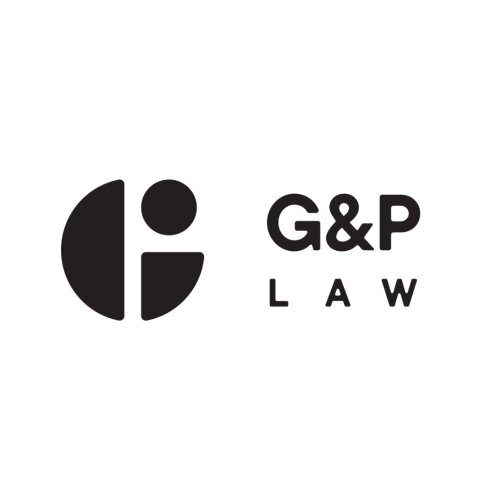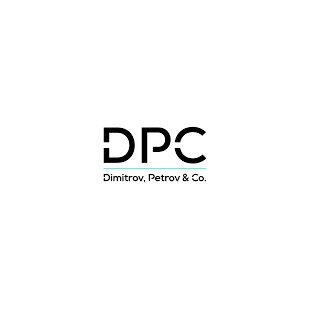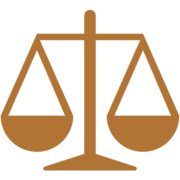Best International Trade Law Lawyers in Bulgaria
Share your needs with us, get contacted by law firms.
Free. Takes 2 min.
Or refine your search by selecting a city:
List of the best lawyers in Bulgaria

About International Trade Law in Bulgaria
International Trade Law in Bulgaria encompasses a variety of legal frameworks designed to regulate the trading activities between Bulgaria and foreign entities. It ensures compliance with international standards and agreements, while facilitating smooth transactions and protecting national interests. Bulgaria, as a member of the European Union, adheres to EU trade policies which significantly shape its trade laws. This involves regulations on import and export activities, tariffs, trade compliance, customs procedures, and adherence to international trade agreements.
Why You May Need a Lawyer
Individuals and businesses may require legal assistance in International Trade Law for several reasons:
- Understanding and navigating complex trade regulations when entering new markets.
- Dealing with disputes related to import and export activities.
- Ensuring compliance with customs regulations and avoiding penalties.
- Negotiating international trade agreements or contracts.
- Responding to trade sanctions or restrictions imposed by Bulgaria or other countries.
Local Laws Overview
Bulgaria's International Trade Law is significantly influenced by the European Union's legal structure. Key aspects include:
- Customs Duties and Tariffs: Bulgaria follows the EU’s Common Customs Tariff, which applies uniform duties on imports from non-EU countries.
- Free Trade Agreements (FTAs): As an EU member, Bulgaria benefits from numerous FTAs that the EU has signed with other countries and regions.
- Export Control Regulations: Controls on the export of certain goods to ensure security and compliance with international obligations.
- Intellectual Property Rights: Protection of IP is regulated under EU directives and international conventions.
- Sanctions and Trade Restrictions: Bulgaria complies with EU-imposed sanctions against certain countries and entities.
- Import Licenses: For certain goods, import licenses may be required under specific conditions.
Frequently Asked Questions
What is the role of Customs in Bulgaria?
The Customs Administration of Bulgaria, part of the Ministry of Finance, is responsible for collecting customs duties and ensuring compliance with trade regulations. It facilitates legitimate trade while combating fraud and smuggling activities.
How does Bulgaria handle trade disputes?
Trade disputes may be resolved through negotiations, arbitration, or litigation. Business entities may seek legal recourse through Bulgarian courts or international arbitration, depending on the trade agreement terms.
Are there any restrictions on imports and exports in Bulgaria?
Yes, Bulgaria enforces EU trade restrictions which may include limitations on certain goods, technologies, and destinations, particularly concerning safety, environmental, and security considerations.
What are the consequences of non-compliance with trade laws in Bulgaria?
Non-compliance may result in fines, legal penalties, seizure of goods, and reputational damage. In severe cases, businesses may face blacklist issues, disrupting their ability to trade internationally.
Can foreign companies freely trade within Bulgaria?
Foreign companies can trade with Bulgaria but must comply with local regulations, obtain necessary licenses, and may need to set up a business entity in the country depending on their operations.
How does Brexit affect trade between Bulgaria and the UK?
Post-Brexit, trade between Bulgaria and the UK is governed by the Trade and Cooperation Agreement (TCA) which replaces previous EU membership terms. This affects tariffs, customs processes, and compliance criteria.
What is the procedure for resolving an international trade contract dispute?
Resolution involves reviewing the contract’s terms regarding dispute resolution, which may include arbitration clauses, followed by potentially engaging in negotiation, mediation, or legal proceedings.
Is it necessary to have a local representative for importing goods into Bulgaria?
While not always mandatory, having a local representative can facilitate compliance with trade and logistics laws, easing operations and communication with local authorities.
What documents are typically required for customs clearance?
Common documents include commercial invoices, packing lists, certificates of origin, transport documents, and, if applicable, import licenses and product-specific certificates.
How does Bulgaria ensure product compliance and standards for imports?
Product compliance is governed by EU standards and regulations, requiring appropriate certification and quality conformity assessments for certain goods before they can enter the marketplace.
Additional Resources
In addition to legal counsel, the following resources can be advantageous for navigating International Trade Law in Bulgaria:
- The Bulgarian Ministry of Economy - Oversees trade and economic activities.
- Bulgaria’s Customs Administration - Provides guidance on customs procedures.
- The Bulgarian Chamber of Commerce and Industry - Offers support to businesses engaged in trade.
- European Commission Trade Website - Provides comprehensive information on EU trade laws and policies.
- Local law firms specializing in International Trade Law.
Next Steps
If you require legal assistance in International Trade Law, here are some steps to consider:
- Identify Your Needs: Clearly define the legal issues or questions you have regarding international trade.
- Research Law Firms: Look for reputable law firms or attorneys specializing in International Trade Law in Bulgaria.
- Schedule Consultations: Meet with legal professionals to discuss your situation and obtain advice.
- Verify Credentials: Ensure the lawyer or firm is experienced and knowledgeable in this field.
- Discuss Fees: Confirm understanding of fees and billing practices before engaging services.
- Prepare Documentation: Gather any necessary documents or information related to your trade activities.
Lawzana helps you find the best lawyers and law firms in Bulgaria through a curated and pre-screened list of qualified legal professionals. Our platform offers rankings and detailed profiles of attorneys and law firms, allowing you to compare based on practice areas, including International Trade Law, experience, and client feedback.
Each profile includes a description of the firm's areas of practice, client reviews, team members and partners, year of establishment, spoken languages, office locations, contact information, social media presence, and any published articles or resources. Most firms on our platform speak English and are experienced in both local and international legal matters.
Get a quote from top-rated law firms in Bulgaria — quickly, securely, and without unnecessary hassle.
Disclaimer:
The information provided on this page is for general informational purposes only and does not constitute legal advice. While we strive to ensure the accuracy and relevance of the content, legal information may change over time, and interpretations of the law can vary. You should always consult with a qualified legal professional for advice specific to your situation.
We disclaim all liability for actions taken or not taken based on the content of this page. If you believe any information is incorrect or outdated, please contact us, and we will review and update it where appropriate.
Browse international trade law law firms by city in Bulgaria
Refine your search by selecting a city.














